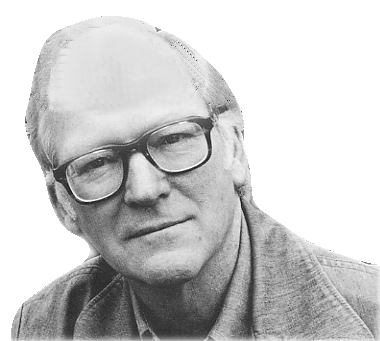Click here and press the right key for the next slide (or swipe left)
also ...
Press the left key to go backwards (or swipe right)
Press n to toggle whether notes are shown (or add '?notes' to the url before the #)
Press m or double tap to slide thumbnails (menu)
Press ? at any time to show the keyboard shortcuts
From Individual to Joint Action

Let me inform (or remind) you how philosophers standardly think
about action ...
‘What events in the life of a person reveal agency; what are his [sic] deeds and his doings in contrast to mere happenings in his history; what is the mark that distinguishes his actions?’
\citep[p~43]{Davidson:1971fz}
Davidson, 1971 p. 43
So what is the mark that distinguishes her actions?
The passage that I’ve quoted doesn’t fully answer the question.
(You need to know about basic actions too.)
But here you can see part of the answer.
Davidson holds that the mark is intention.
That is not to say we do only things that we intend to---after all, alerting the prowler is
something Davidson’s man without intending to do so.
Rather, the idea is this.
If you intend something, to turn the light on perhaps, and this intention is appropriately
related to an event, then that event is an action.
(This doesn’t yet tell us which events are actions.)
Brilliant theory, so simple.
But what’s missing here?
We are focussed entirely on an individual acting alone.
There’s a parallel question about joint action:
\textbf{What are our doings in contrast to things we merely happen to do in parallel?}




But why are we asking this seemingly quite technical question?
Question
What distinguishes genuine joint actions from parallel but merely individual actions?
Requirement
Any account of shared agency must draw a line between joint actions and parallel but merely individual actions.
Aim
Which forms of shared agency underpin our social nature?
This is the organising question for our project (the project to be investigated in this
series of lectures). Of course there will be lots of further questions, but I like to
have something simple to frame our thinking and this question serves that purpose.
My hope is that by answering this seemingly straightforward question, we will be
in a position to answer the hard question about which forms of shared agency
underpin our social nature.


They each intend that
they, the sisters, cycle to school together.
Our task, which we started at the end of last lecture, is to find objections
to the Simple View.